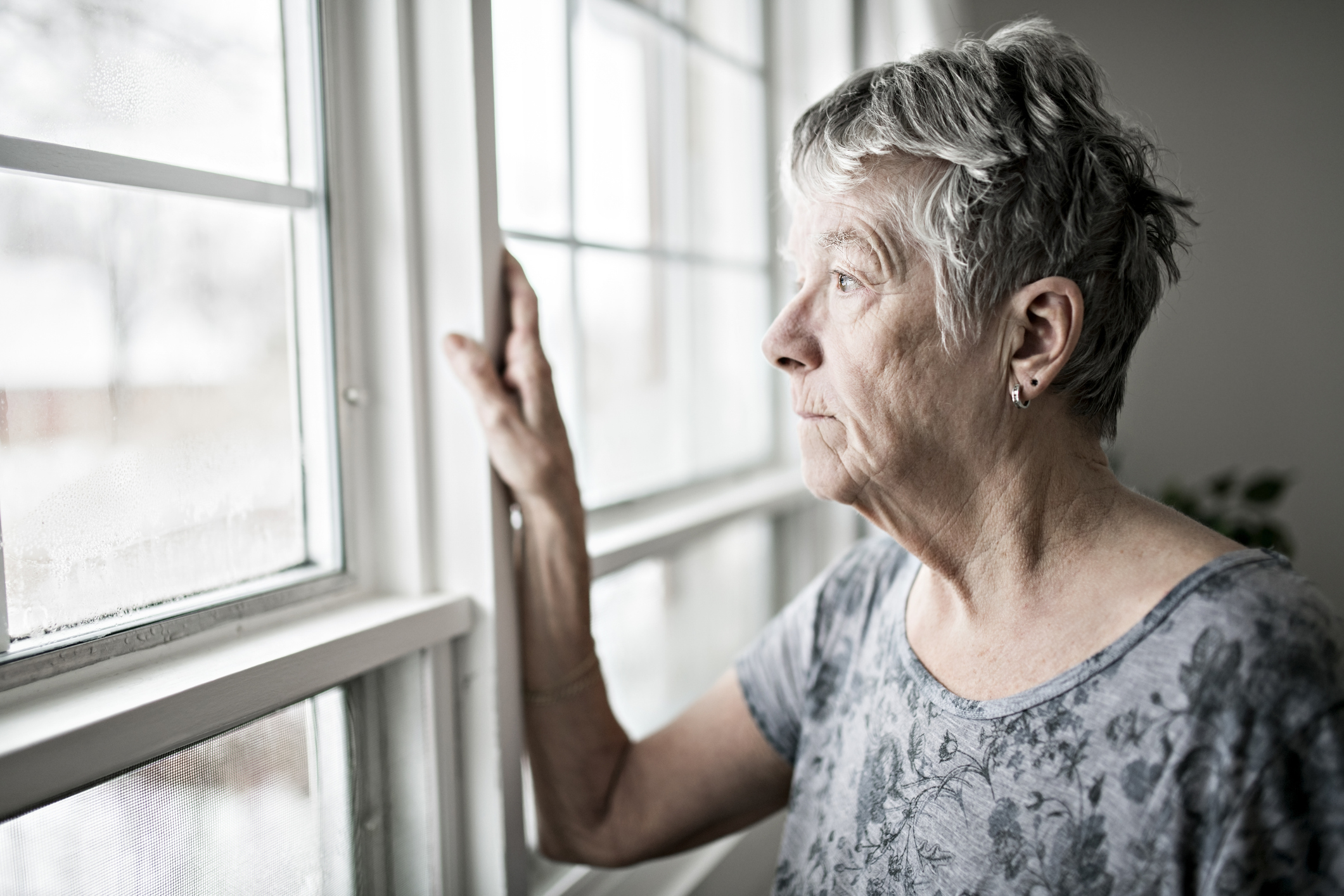WIHA coordinates the Wisconsin Coalition for Social Connection.
The coalition’s website houses a variety of materials and resources for both individuals and professionals. We encourage you to visit!

The coalition’s website houses a variety of materials and resources for both individuals and professionals. We encourage you to visit!